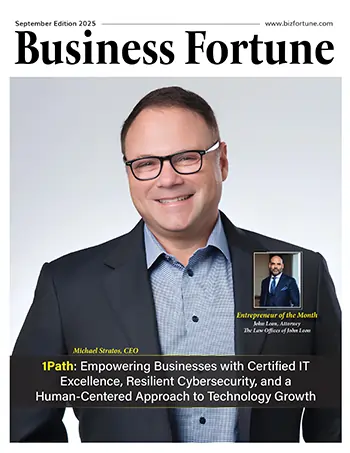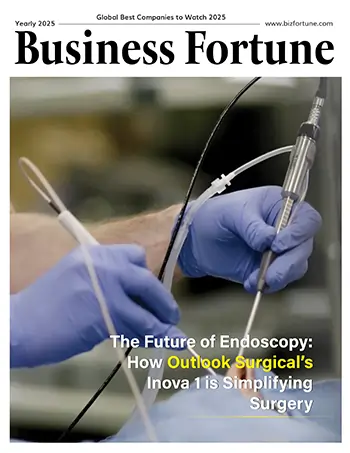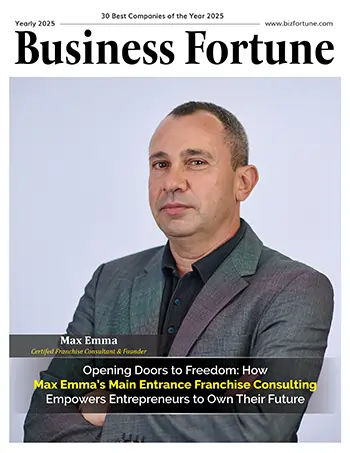Home Industry Video Solution Musk Supports AI in Smarter Fa...
Musk Supports AI in Smarter Farming, Sharing Satya Nadella’s Vision
Video Solution

Business Fortune
11 March, 2025
Elon Musk reshares a video from Satya Nadella that illustrates how AI-powered tools are increasing farm productivity and sustainability in order to highlight the impact of AI on agriculture.
This time in the agricultural sector, Elon Musk demonstrated his faith in artificial intelligence. The CEO of SpaceX and Tesla reshared a video that Microsoft CEO Satya Nadella had initially tweeted, describing it as an excellent illustration of how AI is affecting agriculture. Musk emphasized AI's promise even further, saying it will make everything better.
The film shows how farmers are maximizing their resources and increasing output with the use of AI-powered technologies. Nadella gave the example of an Indian farmer who was a member of the Baramati cooperative and who benefited greatly from AI-powered technologies. He claims that the tiny landowner had notable increases in agricultural productivity, less pesticide use, and improved water management.
According to him, the system uses artificial intelligence (AI) to integrate real-time soil analysis, temperature data from satellites and drones, and geographical data. This makes it possible for farmers to ask inquiries and get useful information in their own tongue.
According to him, farmers can make better judgments and adopt more efficient and sustainable farming methods by integrating AI with real-time agricultural data.
Microsoft CEO Satya Nadella previously remarked on the company's miscalculation of search's significance in an interview with YouTuber Dwarkesh Patel, whereas Google grasped its potential and implemented its approach successfully.
Nadella said that underestimating the power of search, a sector in which Google flourished, was one of his worst errors. He clarified that at first, Microsoft did not consider search to be a significant revenue strategy and instead thought the web will continue to be decentralized.
He described it as a useful lesson and claimed that Microsoft missed what ended up being the largest online business model because they all believed the web was about distribution.


































